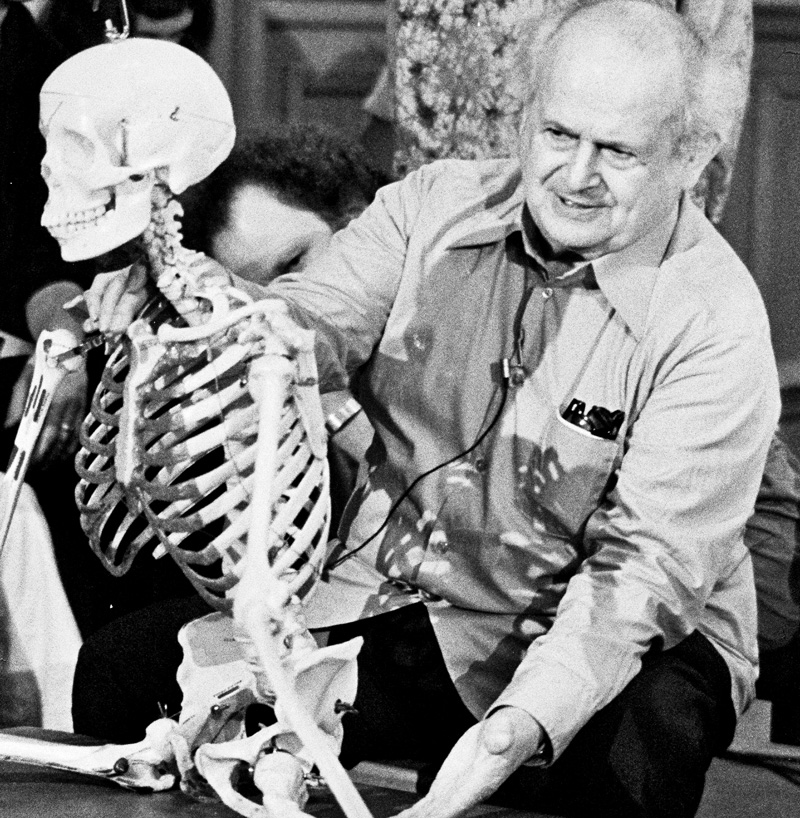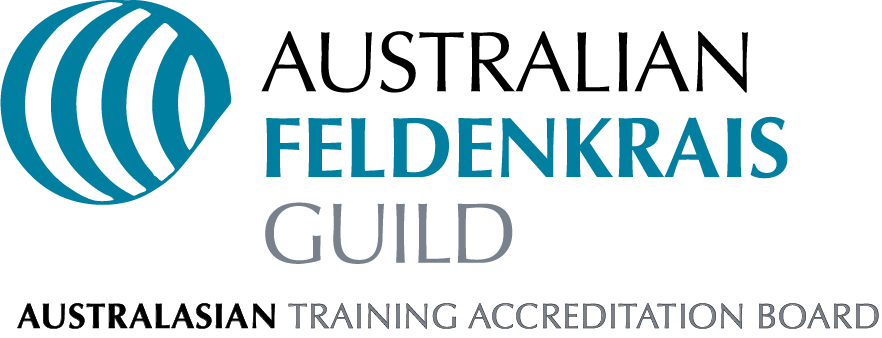How did we grow?
The Australian Feldenkrais Guild (AFG) was constituted in 1986. From 1986-1995 Training Policy was organised as a portfolio of AFG. NATAB accredited trainings in the Australasian region until the Australasian Training and Accreditation Board (AusTAB) was constituted as a standing committee of the Australian Feldenkrais Guild in 1995.
NATAB continued to mentor AusTAB until 1997.
Member countries consisted initially of Australia and New Zealand.
Australia commenced Trainings FPTPs in 1986. This was closely followed by New Zealand commencing trainings in 1992.
Interest in the Feldenkrais Method has grown in other countries in the region. There are now 6 member countries hosting FPTPs.
From 1986 to 2023 over 55 FPTPs have been hosted in Australasia.

